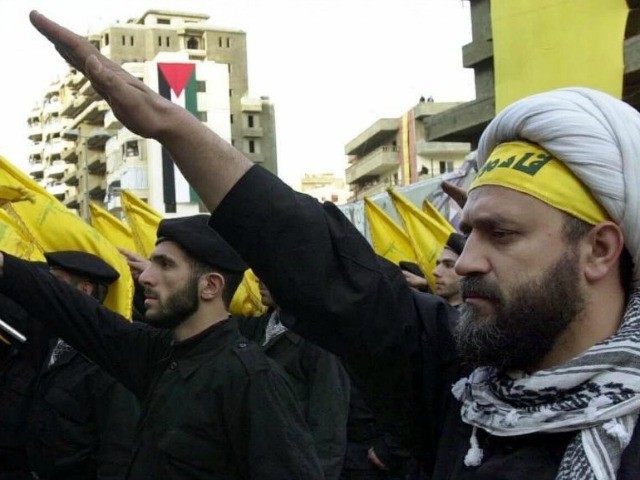The FBI has added a former Venezuelan ambassador to Lebanon and Syria to their Terrorism “Seeking Information” list, after evidence indicated that Ghazi Nasr al Din was using his position to help fundraise for the Shiite terror group Hezbollah.
Nasr al Din, a dual Venezuelan and Lebanese citizen, served both of his terms under socialist leader Hugo Chávez before his death and has also served at the head of the Shi’a Islamic Center in Caracas, Venezuela, according to the United States Department of Treasury. The Treasury designated Nasr al Din a “supporter” of Hezbollah in 2008, with Adam J. Szubin, Director of the Office of Foreign Assets Control (OFAC), stating at the time, “It is extremely troubling to see the Government of Venezuela employing and providing safe harbor to Hizballah facilitators and fundraisers.”
Al Din also served as the head of political affairs in the Venezuelan embassy in Lebanon.
On Thursday, the FBI issued a release requesting any information on Nasr al Din’s whereabouts. Nasr al Din stands accused of seeking “donations” for Hezbollah in his role as an ambassador and meeting with Hezbollah leaders in Lebanon to “discuss operations.” A local report from NBC affiliate WPTV claims the FBI believes he may he hiding in southern Florida.
The Venezuelan socialist government has an extensive history of cooperation with Iran and with Hezbollah in particular. Images surfaced in 2010 of a meeting between Venezuelan and Hezbollah officials, shortly after Iran announced that it would be placing missiles in the Latin American nation.
Former leaders Chávez and Mahmoud Ahmadinejad were famously good friends, with the two making several visits to their respective nations. On one occasion while Ahmadinejad was visiting Chávez in Caracas, the leaders joked about launching a “big atomic bomb” at the United States. The friendship stirred up significant controversy in Iran. Ahmadinejad was heavily criticized for hugging Chávez’s mother at her funeral–a perceived slight against Islam–and for claiming that Chávez would be resurrected alongside Jesus Christ, which was also seen among Iranians as inappropriate language for a Muslim to use.
Nasr al Din’s involvement with Hezbollah highlights the continuation of that bilateral tie in the aftermath of Chávez’s death. His successor, Nicolás Maduro, has worked to keep those ties strong with Ahmadinejad’s successor, Hassan Rouhani, engaging in both visits to Iran and meetings together during the United Nations General Assembly summits. Maduro, who faces an even more dire economic situation than under Chávez, appears intent upon using his ties with Iran to help bolster trade and cement alliances that serve as a detriment to the national interests of the United States, the “imbecile imperialists” he has accused time and again of waging “economic war” against his country.

COMMENTS
Please let us know if you're having issues with commenting.